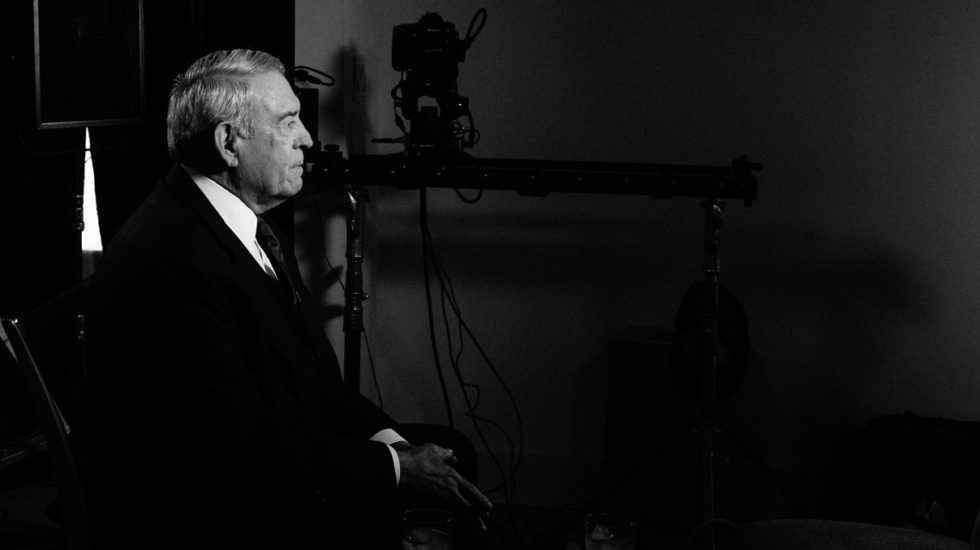As I wash my hands for the umpteenth time and hum the opening verse of I’m So Lonesome I Could Cry, twice (I prefer it to happy birthday) my mind turns to the potent triumvirate of fear, anxiety, and risk. There’s been a lot of this kind of thinking in recent years.
Some of that is the natural realities of age, I suppose. As I peer over the horizon into what could be my 10th decade on this planet, it is inevitable that thoughts around the terms of life crop up from time to time. There is also the existential threats that seem to loom over our nation and the planet.
As I take stock of the moment, I find myself thinking back to other times. A long life lived during eventful times provides a lot of grist for the mental mill – resonant feelings of ages long gone. I remember Pearl Harbor and the Blitz over London when it looked like the Nazis and Axis powers could win. I remember when nuclear war seemed almost inevitable. I remember the look in the eyes of a young man barely old enough to shave as they headed into the jungle hell of the war in Vietnam. I remember the age of assassinations. I remember fire hoses and dogs let loose on children. I remember waiting for another plane to hit its deadly mark. I remember the death sentence and stigma of AIDS. And I remember all the stories that were much more local. The natural disasters. The mass shootings. The war, hunger, and desperation.
The truth is this world can be very cruel. It is full of deadly surprises. We may largely feel walled off from the natural world that stalked our ancestors. We don’t fall prey in large part to wild animals and those of us with means need not fear starvation. But of course, it’s an illusion. We cannot fully separate ourselves off from the rest of life, or the viruses now plaguing us.
Those who study such things will tell you that human beings are poor at assessing many types of risk. We are more afraid to fly than to drive. But that’s little comfort when the pit in the stomach rises. So what gives me hope? I think of other challenges that seemed insurmountable. I do not underestimate the pain that often occurred, but I also remember the strength of the human spirit.
In my early years, I was stricken with rheumatic fever. I can remember hearing my mother crying when she thought she was beyond earshot. I sometimes whimpered at the injustice of my fate, and my father would come into my room to stand over me, lovingly but firmly. “Steady, Danny,” he would say. “Steady.” The words were clear and deliberate, and they were soothing.
Steady has become an unofficial mantra in my life. Those who know me well have heard it often. I can still hear the word in my dad’s voice. And I hear it once more today.
We live in challenging times. But each time has its challenges. This moment’s problems are particularly severe, but they are not insurmountable. Millions of people go out each day trying to solve these problems. I see many reasons for hope, whether I’m talking to scientists, public school teachers, nurses, or children. Oh, the children. It is one silver lining to this disease that children seem to be largely spared because they will be the ones to inherit this Earth and we will need them to undertake a path of healing.



